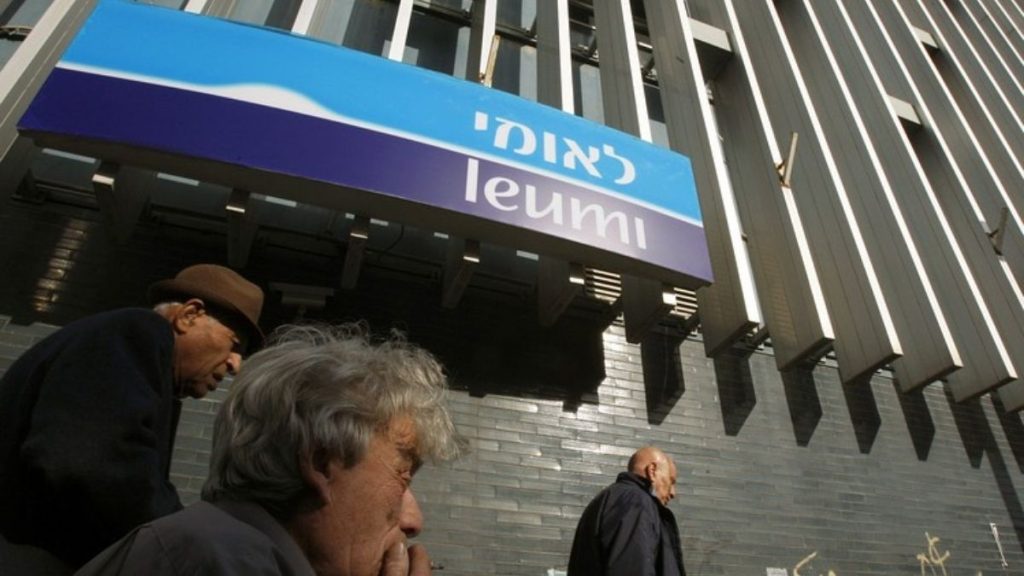Over the past year, traditional banking institutions have been closer to crypto than ever before. Citing competition from cryptocurrency-based exchanges, banking players have also started offering cryptocurrency trading services. On Thursday, March 24, Israeli banking giant Bank Leumi becomes the first bank in the country to announce cryptocurrency trading services. The bank has partnered with US blockchain firm Paxos and will facilitate cryptocurrency trading through its digital arm Pepper Invest. Leumi said that Pepper Invest users will be able to buy, sell and hold digital assets worth at least 50 shekels (or $16 USD) per transaction. But currently, the service allows trading only two digital assets: Bitcoin and Ethereum. However, regulatory approval for the same is still pending. But Bank Leumi is set to launch the cryptocurrency trading service soon after receiving the regulatory go-ahead. In addition to simplifying crypto trading services for its clients, Pepper Invest will manage the tax complexities and will also collect taxes according to the rules of the Israel Tax Authority. Also, customers can avail this service without downloading the digital wallet. Bank Leumi’s official statement reads:
The simple sale procedure represents an important innovation in the face of the existing difficulty in converting cryptocurrencies into money available in the current account, using the tools currently available.
Israel and cryptocurrency regulations
According to the Israel Tax Authority, the use of digital assets in Israel is subject to tax and is considered a virtual means of payment. However, the facilitation of Bitcoin and Ethereum trading by one of the major banks in Israel can be seen as the beginning of cryptocurrency adoption. Speaking of the latest development, Uri Natan, CEO of Pepper, on pioneering cryptocurrency trading in Israel, said:
We are proud to be the first in the Israeli banking system, and one of the few in the world, to offer our customers to exchange cryptocurrencies in a simple, safe and reliable way, without having to download a wallet and without having to do it. deal with the tax authorities.
On the other hand, the central bank of Israel has been working on launching its own central bank digital currency (CBDC). Interestingly, the Bank of Israel is looking to launch the Digital Shekel on the Ethereum blockchain network. Nothing is final as of now as the central bank is only experimenting with the CBDC. CBDC project manager at the Bank of Israel, Yoav Soffer, stated:
We did a test with the Ethereum technology, not because we think that’s necessarily the technology we’ll use, but because it was a technology that was available for us to get our hands dirty, to understand its advantages and disadvantages.
The Bank of Israel has not declared any final date on the launch of the CBDC.
